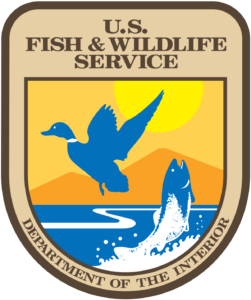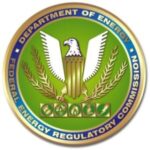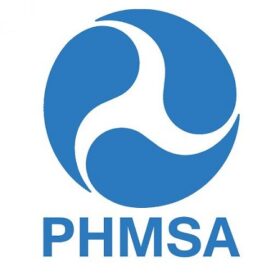
The ESA Cross-Industry Coalition is pleased to provide the unified position of a major portion of our nation’s economic sectors on three proposals from the U.S. Fish and Wildlife Service (FWS) and the National Marine Fisheries Service (NMFS) (together, the Services) to amend their Endangered Species Act (ESA or the Act) regulations. 83 Fed. Reg. 35,193, 35,178, 35,174 (July 25, 2018) (collectively, the proposals). The proposals, if issued as final rules, will have important – and in many circumstances beneficial – implications for a wide range of activities undertaken by the Coalition’s members, for the public, and for efficient and effective conservation of listed species. Based on the close interrelationship of the proposals, and the need for the regulated public and regulators to consider the proposals as whole, the Coalition has prepared one comprehensive set of comments.
The American Gas Association (AGA), Association of Oil Pipe Lines (AOPL), American Petroleum Institute (API), International Association of Geophysical Contractors (IAGC), Interstate Natural Gas Association of America (INGAA), National Association of Home Builders (NAHB), National Association of Manufacturers (NAM), National Rural Electric Cooperative Association (NRECA), and the Utility Water Act Group (UWAG) (collectively, the ESA Cross- Industry Coalition or the Coalition) represent a broad cross-section of U.S. industry, including public and private entities engaged in the petroleum, natural gas, manufacturing, homebuilding, geophysical exploration, and electric energy sectors. The conservation of threatened and endangered species is important to the Coalition and its members, who voluntarily undertake many activities to further the conservation of species and their habitats. Coalition members undertake a wide range of activities across the nation that are vital to a thriving U.S. economy, and provide much needed products, services, and jobs across the country. The Coalition’s members have extensive experience in the development and implementation of the ESA regulatory program and associated case law, developed through decades of work ensuring compliance with the ESA and pursuing effective and efficient advancement of the ESA’s goals, often in cooperation with the Services, State wildlife agencies, and non-profit organizations.
Coalition members frequently undertake projects, such as utility line and pipeline construction and operation, residential homebuilding, commercial development, oil and gas exploration and development, manufacturing, electrical power generation, renewable energy projects, and geophysical exploration, all of which can require federal authorizations and thus trigger ESA section 7 consultation and other ESA compliance requirements. Accordingly, the Coalition and its members have considerable experience with the ESA, including the section 7 consultation process, and appreciate the Services’ efforts to review and modify their regulations to reduce the burdens and delays of consultation, while ensuring that the Coalition members’ projects advance in a timely and effective manner in keeping with the Act and its goals.
In 2014, Coalition members filed detailed cross-industry comments in response to the Services’ proposals to revise the critical habitat regulations. After the Services promulgated those rules in 2016, Coalition members challenged the 2016 critical habitat rules. The proposals respond to key concerns raised by that litigation and its settlement.
The Coalition endorses, and is encouraged by, the Services’ efforts to clarify and improve their ESA regulations, and to reduce duplication and inefficiency, so that the Services, the regulated communities, and the public can focus their limited resources on actions that truly improve environmental outcomes. We support many of the Services’ proposed modifications, which are consistent with the Act, its legislative history, and the case law, and reflect concerns the Coalition expressed in prior comments and litigation. There are a number of areas, however, where changes to the proposals are warranted to ensure consistency with the statute and settled precedent and to improve implementation of the Act.







